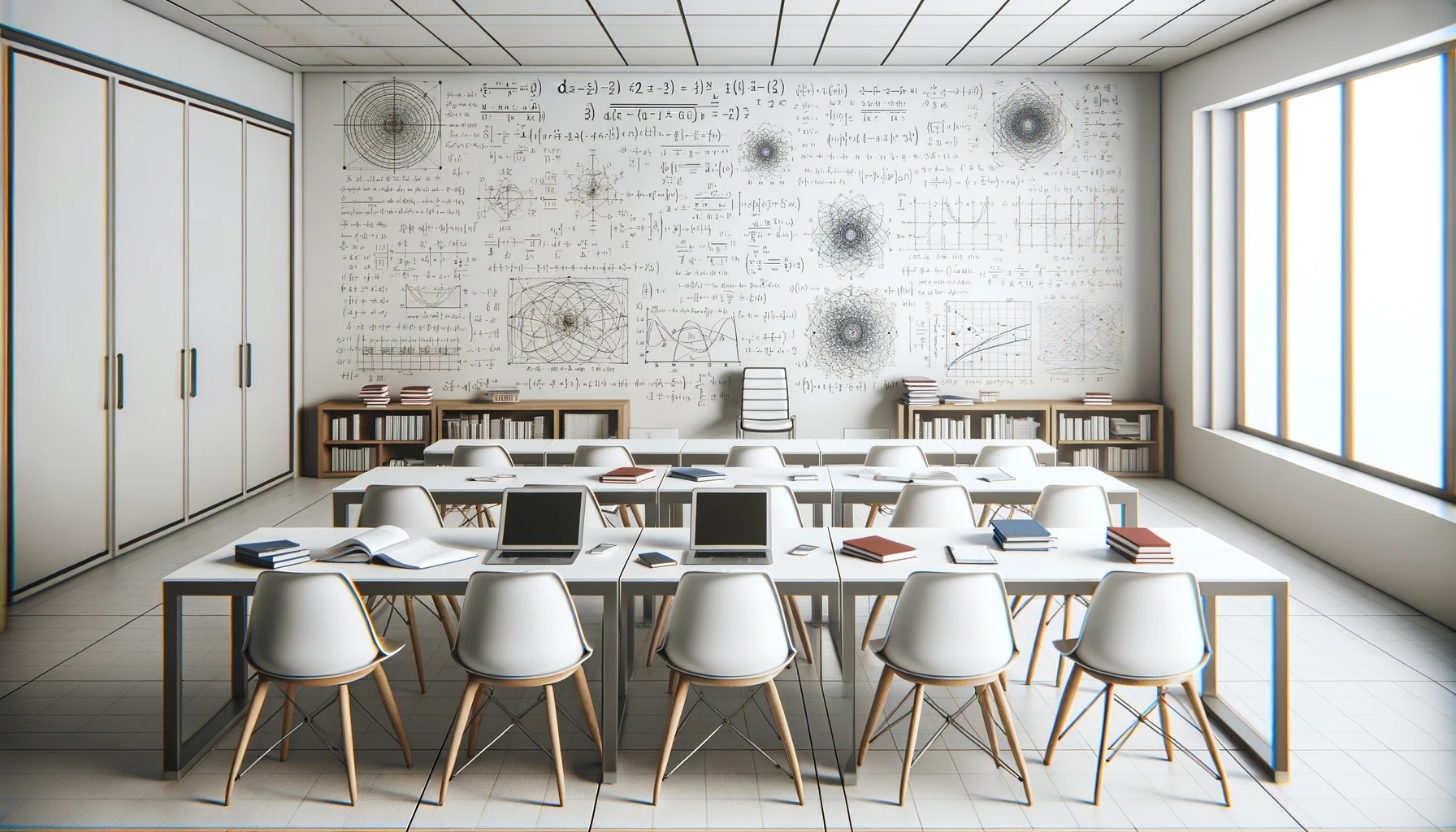Student Projects
Undergraduate Research Opportunities 
I can suggest several projects according to interest, based on my research themes outlined here. Interested students should contact me via e-mail.
Here's a non-exhaustive list of possible student project themes:
- Built your own mini-cluster for Monte Carlo simulations! In this "hands-on" project, the goal would be to build a mini-cluster using several raspberry pi computers, that you can use to run Monte Carlo simulations. You will put together the hardware and software, including the management frameworks necessary to distribute the jobs on the cluster. [See tutorial for building a raspberry pi cluster here]
- How to write your own parton-level Monte Carlo event generator: Monte Carlo event generators play a crucial role in the design and interpretation of modern collider experiments. They provide simulations that act as a bridge between theory and experiment. In this project, you will have the opportunity to write your own basic Monte Carlo, and use it to perform some collider phenomenology. [https://arxiv.org/abs/1412.4677]
- Visualizing/Gamifying particle physics collisions: By using events from a general-purpose Monte Carlo event generator, we will create a visualization framework intended for both researchers and outreach, e.g. through the Unity engine. For further outreach purposes, we will also look for ways to "gamify" events at particle colliders.
- How to write your own parton shower: Parton showers describe the quantum-chromodynamical radiation of colored particles (quarks and gluons) that are produced at colliders. You will learn the details of how the algorithm works, and you will write your own in this project. [Github repository and arXiv article: https://arxiv.org/abs/2406.03528]
- Programming in High Energy Physics with the Julia Language: The Julia programming language, developed at MIT especially to allow the use of a single language in research activities. You will explore the possibility of using this language to write a Monte Carlo event generator for high energy physics, for example, simulating hard processes, or the parton shower. [see https://arxiv.org/abs/2306.03675 for details on the Julia language in HEP]
- What if the Superconducting Super-Collider (SSC) was built? We will examine the "alternate-history" scenario of the completion of the SSC, a collider that was foreseen to run at 40 TeV (about 3 times the center-of-mass energy of the LHC!). By taking into account its properties, the proposed timelines for its operation, and the well-known properties of the discovered Higgs boson, we will ask the question: If this collider were built, when would the Higgs boson be discovered, and what would the consequences of this discovery have been? [Wikipedia on the SSC]
- New Physics at Future Colliders: In this project, we will examine the potential for future colliders to discover (and interpret) new spinless (i.e. scalar) particles, that are ubiquitous in theories of new physics.
- Jets at Colliders: Collimated streams of particles at colliders are called "jets". They are inevitably produced through the quantum-chromodynamical radiation of colored particles. Understanding their properties in various environments is a crucial aspect of modern collider physics. In this project you will investigate jet algorithms and several observables related to jets, with the purpose of designing new jet observables that may be useful in new physics searches.









